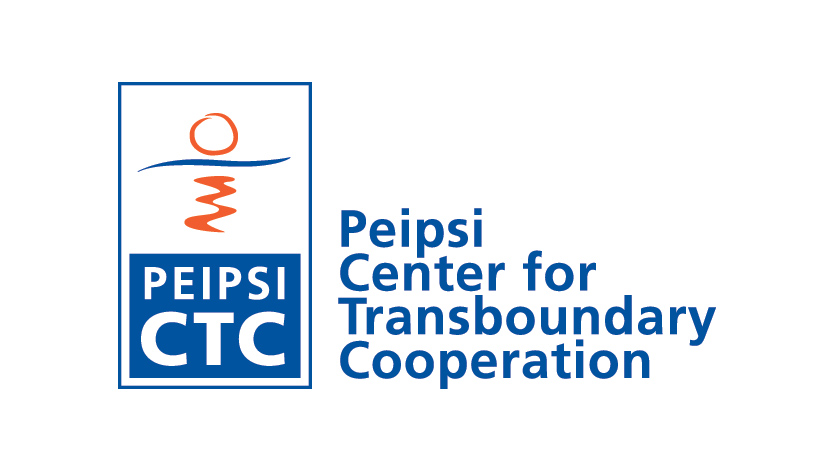15 years ago, the unique network Living Lakes was launched at Lake Constance. Besides the Global Nature Fund (GNF) and Lake Constance Foundation, environmental organisations (NGOs) from three partner lakes were involved in the establishment of the global network: Lake Biwa in Japan, Lake St Lucia in South Africa and Mono Lake in the USA. The intention of the founding organisations was the conservation of lakes and wetlands in order to protect them as important habitats. In the past 15 years, 98 lakes and wetlands have joined the global network with the objective to contribute to the protection of our natural resources of water. Currently, over 120 local NGOs worldwide and some 1,000 employees are committed to the conservation of lakes, catchment areas and unique species diversity.
Successful Project Implementation
Since its foundation, the network has successfully implemented more than 50 projects dealing with nature conservation, biodiversity, sustainable development, energy, climate as well as environmental education. In total, around 7 million Euros have been made available for the protection of lakes and wetlands. Currently, the international environmental organisation, headquartered at Lake Constance, is implementing 36 projects with the participation of the local population, and in conjunction with the equal number of partner organisations. The United Nations International Year of Water Cooperation shows that joint initiatives prove to be particularly successful provided a wide range of stakeholders is involved in their implementation. Concrete results of the joint work as well as the objectives for the next years are summarised in the booklet “Living Lakes Goals 2012 – 2017“.www.globalnature.org/Publications
Various RAMSAR wetlands e.g. Columbia River Wetlands in Canada and Lake Chapala in Mexico are among the network members. Some have UNESCO World Heritage Status such as Lake Tengiz in Kazakhstan or Lake Baikal in Burjatia. Also less known waters are among the partnership members such as e.g. Lake Bolgoda as well as the Madampe and Maduganga Wetlands in Sri Lanka, whose biodiversity has been severely affected by the Tsunami.
Mangroves to protect against Tsunami Waves
In order to repair the effects and damages of the tsunami disaster in December 2004, and to protect Asian regions against dramatic impacts of further tidal waves, a multi-annual programme has been implemented together with three partner organisations in Sri Lanka and India. The activities focused on the restoration of destroyed mangrove forests und further training of local families. This EU-supported project ended in 2008. It was followed by three further projects in Cambodia and Thailand, based on the experiences made in India and Sri Lanka.
Drinking Water – A human Right, but not everywhere
Especially in Africa, surface waters are used as drinking water sources, as often there is a lack of adequate public water supply. Therefore the protection of drinking water is crucial to all residents. In 2004, GNF started its first project activities at Lake Victoria and introduced solar lamps for night fishing. Since 2009, GNF has expanded its commitment, and together with African partners, installed several water filter systems to ensure safe water supply in schools, orphanages and health centres. In Ivory Coast, wells were repaired and thus numerous villagers are supplied with clean drinking water. In Burundi new wells are currently being drilled to ensure the local water supply.
International Reputation
The commitment and unflagging dedication of the many people behind the Living Lakes partner organisations contribute to the joint success, and over 15 years they have grown together as one global Living Lakes family.
Numerous employees and volunteers have received important prizes and awards for their commitment to nature and environment. The network itself and various projects enjoy widespread recognition. Living Lakes has already been recognised several times as “Official project of the UN Decade of Education for Sustainable Development“. In April 2013, the network was among the three finalists of the category I “Best Water Management Practices” in the framework of the UN Water Decade “Water for Life” Best Practice Programme.
Prospect
Lakes and wetlands are still among the most threatened ecosystems of our planet. In the coming years, the Living Lakes partners will be particularly active in the fields of restoration of lakes and their tributaries (e.g. restoration of the Jordan), species conservation (e.g. transmitters for rhino monitoring), improvement of water quality (e.g. through low price filters so-called green filters) and the promotion of environmentally sound and socially acceptable income opportunities.
More information on all lakes and wetlands belonging to the network are available at www.globalnature.org/LivingLakes
Contact:
Global Nature Fund (GNF)
Fritz-Reichle-Ring 4
78315 Radolfzell, Germany
Phone: +49 - (0) 77 32 - 99 95 – 0
Peipsi Center for Transboundary Cooperation
Margit Säre
margit@ ctc.ee
